In The Left Lane
"The government will be forced to rethink pension reforms."

"The Left can’t take (full) credit for blocking reforms in the banking, pensionfunds, insurance sectors. There were some concerns in the Congress too."
—Jairam RameshMoS, Commerce

"The Left has not always been faithful to their principles...this is partly on account of the unfavourable external climate in recent decades."
—Ashok Mitra, Ex-Bengal FM
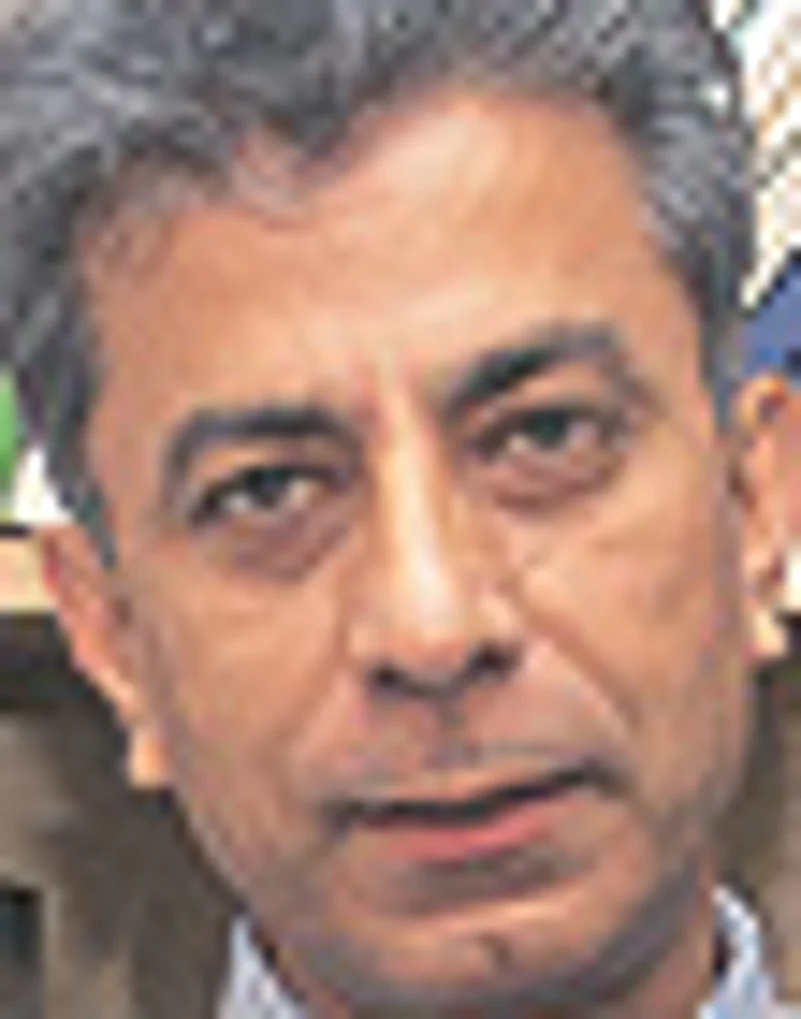
"It’s good that the Left could introduce a little restraint in the system. But they should have fought for better delivery of public goods, services too."
—Dipankar Gupta,Sociology Professor, JNU

"The Centre has to strengthen the economy with tighter controls rather than modifying things so much that they can’t control the effects."
—Nilotpal Basu, CPI(M) leader

"The protests of the Left against such moves (raised insurance FDI) saved us from a meltdown. Is it the end of reform? People will decide."
—Basudeb Acharia, MP, CPI(M)
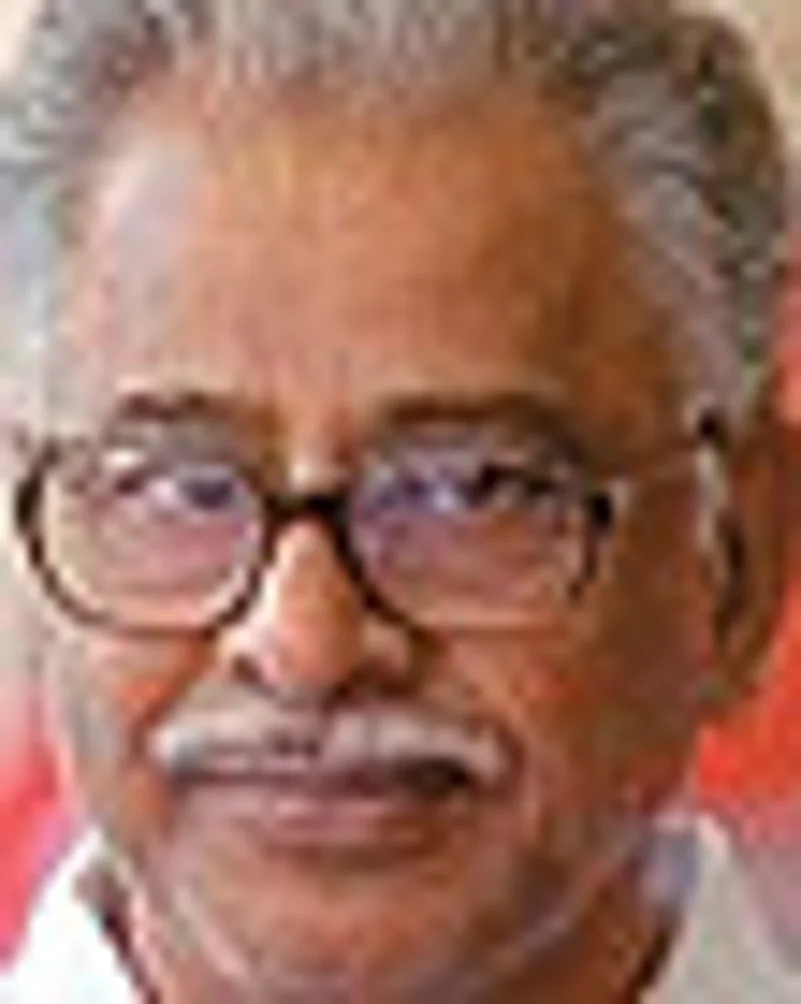
"Some of the US pension funds have declined up to 50% in value...I think the Indian government will be forced to rethink many of its pension ‘reforms’."
—W.R. Varadarajan, Secretary, CITU
***
"If policy turns ‘socialist’, it’s back to pathetic GDP growth."

"All Indian governments have pursued the reform path more or less. Left pressure over the last few years has only thwarted our progress."
—Yashwant Sinha, Ex-Finance Minister

"We must speed up policy, institutional reforms over the next one year if we want to revert to the underlying trend growth rate of 9%."
—Arvind Virmani, Advisor, Finance Ministry

"The financial system was strengthened in recent times and it is well that we did. We always proceed cautiously...it’s stood us in good stead."
—C. Rangarajan, Ex-RBI governor
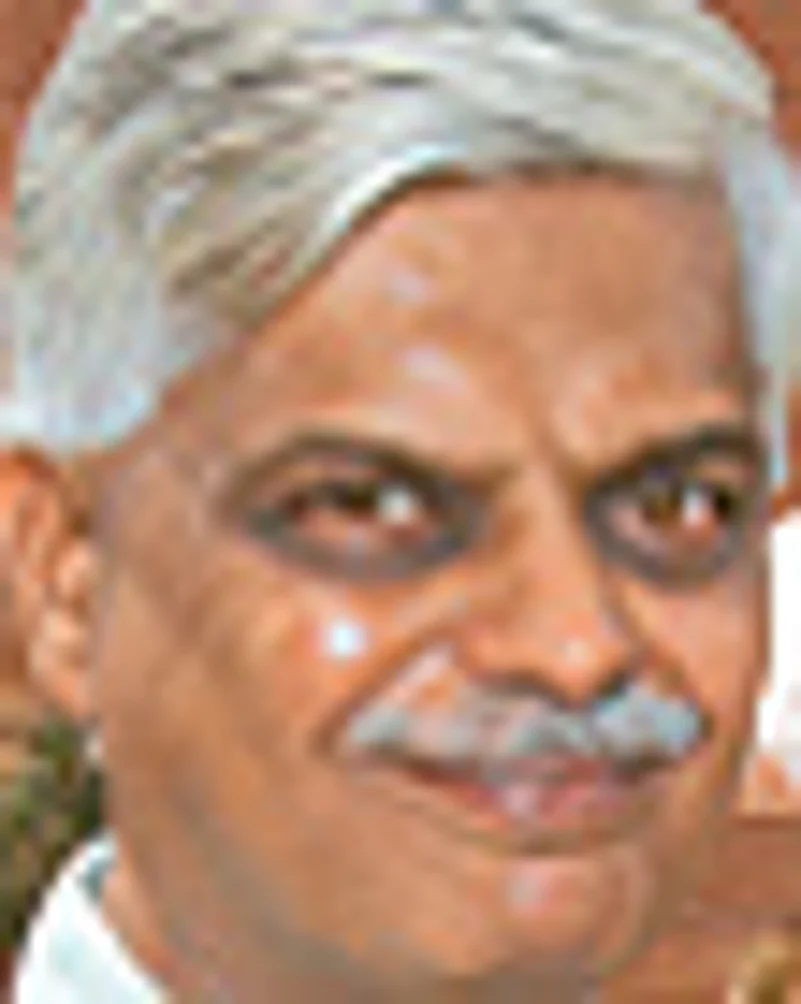
"The Left’s claim is like the head of the monastery saying she had saved her nuns from pregnancy. Celibacy is not a virtue in economics."
—Sanjaya Baru, Ex-media advisor to PM

"We need more liberalisation, not less. There is a danger of policymakers going ‘socialist’. India will then revert to those pathetic rates of GDP growth."
—Meghnad Desai, Professor Emeritus, LSE
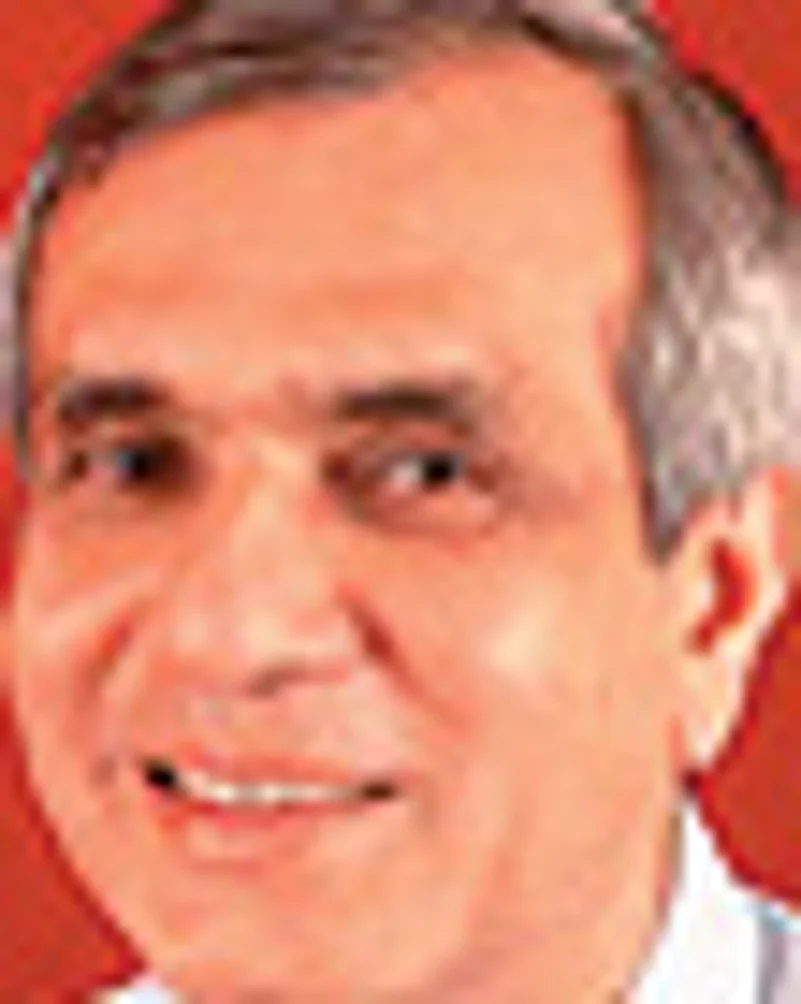
"What the Left has been doing is to not let us take even the first steps to make markets perform the role they can perform more efficiently."
—Rajiv Kumar, Director, ICRIER
***
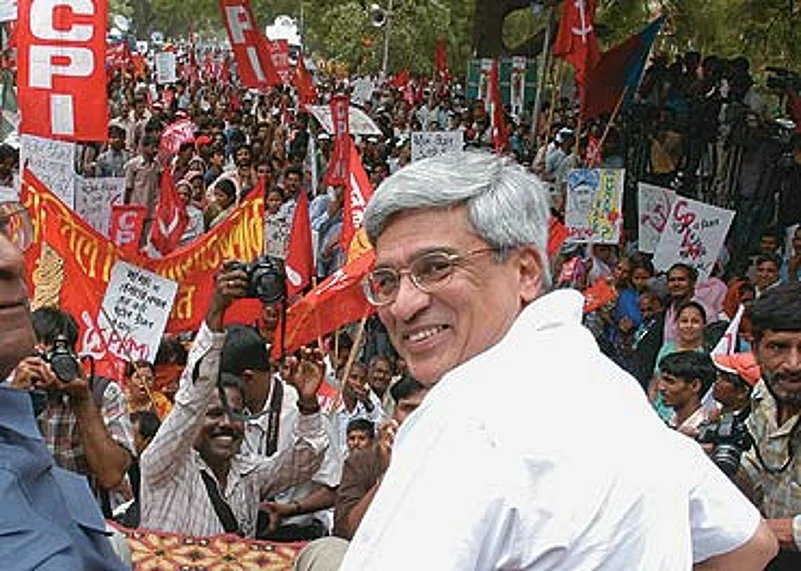
This is not just about adding up debating points: the crisis is very real and the future of economic reforms is uncertain. Governments the world over are rushing in to bail out frozen economies, former US Fed chairman Alan Greenspan has conceded error, and everyone and their mother has a take on the "crisis of capitalism" and the end of free markets. Why then should India still have implicit faith in "global solutions"? "Of course the Left must get credit," says CPI(M) leader Nilotpal Basu, "We are insulated from the global financial turmoil because of interventions by the Left parties."
The naysayers, and there are many, argue that the Left did not pull its weight while supporting the UPA regime, and did not offer any tangible alternative route to growth. There's no virtue, they say, in claiming to stall something, and point at other paragons of conservatism like the RBI as the real heroes. Another point of view is that India's mode of liberalisation is already quite insular: Indian reformers are known to be eager but cautious, optimistic but ready to bail out at the slightest hint of danger. Though a wave of anti-reform sentiment looks poised to sweep through India as the global situation stews, some still strongly question the Left's well-known positions.
At least in Mumbai, bankers on the street who earlier daydreamed about turning the city into a global financial hub similar to Singapore, now thank "the Lord" that full capital account convertibility—one of the Left's pet peeves—is not in place. "Even though we had been asking for it, we have never been so happy that a reform measure hasn't taken place," says the chairman of a public sector bank who does not want to be named. A fully convertible capital account would have made it easier for foreign investors to pull out from their Indian commitments.
Reforms in the capital market and currency regulation have always made the Communists see red, as do over-indulgence by Indian businessmen in the US and risky investments by foreign investors in India. "The FM keeps repeating that the fundamentals of India's economy are very strong—but he fails to mention this is because of the strong public sector banks and limits on foreign financial institutions," says the CPI's D. Raja.
The counter-view is deeply dismissive. "The Left's claim that it helped insulate India sounds like the head of a monastery saying she's saved all her nuns from pregnancy! Celibacy is not a virtue in economics!" says Sanjaya Baru, visiting professor, Lee Kuan Yew School of Public Policy, Singapore, and the PM's former media advisor. Economists also rue the fact that the Communist parties showed no confidence that the Indian economy could manage risks, as suggests Narendar Pani, an economist with the National Institute of Advanced Studies in Bangalore. "Their claim is like a nervous mother who always reminds her children she brought them up! In fact, we would have managed the risks associated with high growth quite well," he says.
To be fair, praise has also fallen upon the RBI for its approach and interventions. The long timeframe for capital account convertibility is, in fact, a major testament to India's traditionally cautious approach towards reforms. First mooted in the early '90s, CAC is yet to come through despite several panels that have discussed the issue threadbare. This is partly because the Left strongly opposes it, but also because there is no consensus on CAC in the government and RBI. However, RBI governor D. Subbarao did tell Outlook recently, "Just because of this crisis, it's not as if we'll abandon our path to capital convertibility."
By and large, conservatism, whether Leftist or not, is now back in fashion. That's one change that India is not insulated from, says Lord Meghnad Desai, but it's something we must guard against during the "long but shallow" global recession predicted. India should liberalise more, and eschew contradictory policies such as encouraging volatile FIIs but discouraging more stable FDI, say the pragmatists. "There is a serious danger that policymakers will pursue 'socialist' policies and revert India to pathetic growth rates," Desai warns.
"What the Left was saying then has turned out to be useful, as it has enforced a measure of restraint on India's economy," says Professor Dipankar Gupta, who teaches sociology at Jawaharlal Nehru University. Attacking both the Left and the Congress for "being dogmatic", he goes on to say, "Instead of sounding like Stalinists who favour an inefficient public sector, the Left could have made its proposals in the language of a liberal democracy. That's where they went wrong," Gupta adds.
At the same time, economists like Surjit Bhalla are critical of the Left, the RBI as well as the state plan for dealing with the ongoing trauma. "The RBI's monetary measures are slow and policymakers are stuck in the old economy. In fact, the RBI and Left are in the same boat. They are the new dinosaurs," he says.
But there's no denying that, if not for the Left, a plan to increase FDI in insurance from 26 per cent to 49 per cent would have been implemented. That could have hit some insurers—and Indian insurance-seekers—hard. However, the general consensus among insurance experts is that the effect of 49 per cent FDI going through would have been minimal and short-term. An Indian partner would have the option of buying out a foreign partner's stake or look for another partner if there was an issue of meeting capital requirements. Since solvency requirements are high and norms prevent investments abroad or in exotic instruments, the regulator believes the sector is insulated from shocks. But it's unlikely that 49 per cent FDI will happen anytime soon now.
Perhaps the biggest success story for the Left is their championing of the cause of social security, by successfully averting a decision to invest the compulsory savings of millions of workers into the stockmarket. Trade union boss W.R. Varadarajan, secretary, CITU, who has been at the forefront of this cause, says that credit for this must go to the Left. "Some of the US pension funds have declined up to 50 per cent in value...I think the Indian government will be forced to rethink many of its pension 'reforms'," he says. "No one will want their retirement funds in the market."
While the pension sector argues that it still makes sense to have professionally managed funds than not, conservatism is the name of the game. "Given the global crisis, we are working on structuring the investment options under the scheme. A committee headed by Deepak Parekh is working on it," says PFRDA chairman D. Swarup. For now, NPS fund managers are allowed to invest 5 per cent directly in equities and 10 per cent through equity-linked mutual funds and it's likely to stay that way. There may even be reversals.
Political rivals in the Congress or BJP will hardly give the Left credit for fighting liberalisation, but Jagdish Shettigar, who heads the BJP's economic think-tank, says that India needs an overall financial services regulator to smoothen kinks in regulation and manage highly volatile and dangerous situations like the present one. "PSU banks were not indulging in the high-risk behaviour of private banks. SEBI, RBI, IRDA and other regulators ought to have watched out for such products," he says.
Clearly, it's a wake-up call for institutions. Ashok Mitra, a former Bengal finance minister, was equally critical of the government's "implicit faith on the Bretton Woods institutions and Wall Street investment bankers". He favoured returning to the old models of economic self-reliance and regulated currency management and added that if the Left had not stalled inroads of foreign capital into the banking and insurance sectors, the situation could have "grown even worse". "True, the Left have not always been consistently faithful to their principles, but this is partly on account of an unfavourable external environment in recent decades," he says.
At the same time, the crisis is far from over as pressure mounts on the system to find a quickfix alternative instead of reorienting growth strategy or re-examining previous goals. Arvind Virmani, economic advisor to the finance ministry, says there are areas where India will be able to move ahead on reform—though banking and related sectors will have to wait for developed nations to settle issues. "To counter slower growth, we must accelerate policy and institutional reforms over the next 6-12 months...if we want to go back to the trend growth rate of 9 per cent," he says. At a time when the scars are far from healing, not many in the political system will agree. For those betting on the reforms story, it looks like a long walk home.


























